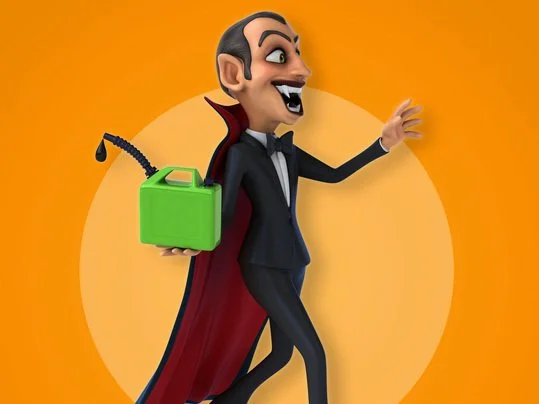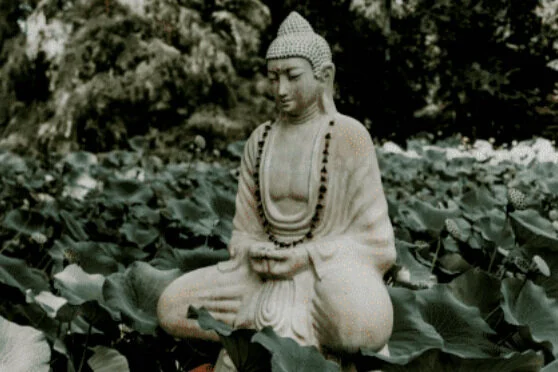Dear Friends,
I have been thoroughly enjoying the fall colors here in Washington DC. It’s amazing to me how the seasons remind us of the impermanence and continual composting of life. Didn’t new leaves just appear after a barren and lonely COVID winter? Was that really six months ago? And even as we savor the orange, red, burgundy, and yellow, the leaves don’t stop changing– getting browner and beginning to pile up on the streets and sidewalks.
It seems that only this one breath, this one moment, is where we can briefly find rest and stability, and where we have the capacity to notice beauty and joy.
Read More



















